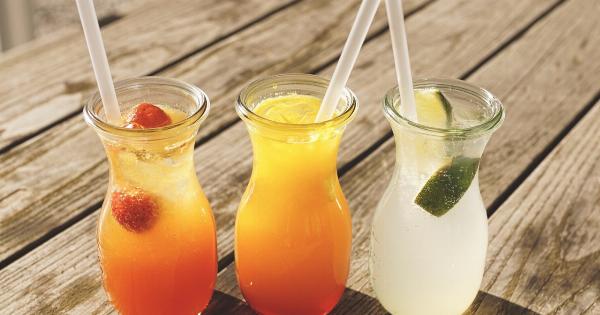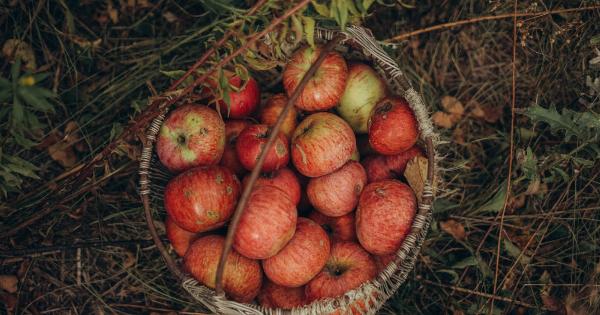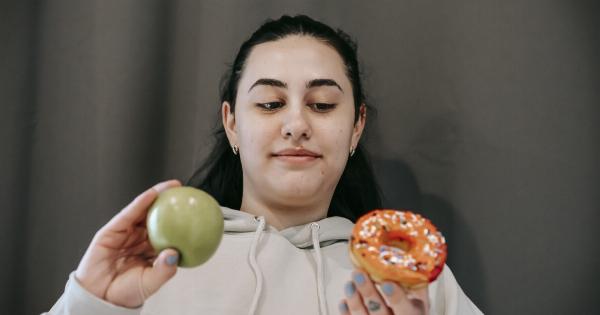As a new parent, one of the first challenges you will face is deciding when it is safe to introduce your child to different foods and beverages, including juice.
While fruit juice is a popular choice among kids of all ages, many parents are wary of giving their children juice due to concerns about sugar content or potential harm to tooth enamel.
What is Fruit Juice?
Fruit juice is a liquid that is extracted from fresh fruit. It can be a convenient way to add vitamins and nutrients to your child’s diet.
Many fruit juices are fortified with additional vitamins and minerals, such as calcium or vitamin C, to make them an even healthier choice.
The Pros and Cons of Fruit Juice
Before deciding whether or not to give your child fruit juice, it is important to weigh the pros and cons. Here are a few things to consider:.
Pros:
- Provides vitamins and nutrients
- Easier to consume than whole fruits
- May help prevent constipation
Cons:
- High in sugar
- Can lead to tooth decay
- May contribute to obesity
When Can Children Start Drinking Juice?
The American Academy of Pediatrics recommends that infants under six months of age be exclusively breastfed or formula-fed, and that solid foods not be introduced until six months of age.
Fruit juice, in particular, should not be given to infants under six months of age, as it contains a high amount of natural sugar and can cause diarrhea.
After six months of age, parents can begin introducing small amounts of fruit juice into their child’s diet. However, it is important to limit the amount of juice that children consume.
According to the American Academy of Pediatrics, children between the ages of 1 and 3 should consume no more than 4 ounces of juice per day, while children between the ages of 4 and 6 should consume no more than 6 ounces of juice per day. Children over the age of 6 should drink no more than 8 to 12 ounces of juice per day.
It is also important to note that fruit juice should not be used as a replacement for whole fruits. Whole fruits provide additional fiber, which can help regulate digestion and keep your child feeling full longer.
Which Types of Juice are the Healthiest?
Not all fruit juices are created equal. While many juices contain added sugars or artificial sweeteners, some types of juice are healthier than others.
Here are a few things to keep in mind when choosing juice for your child:.
- Look for 100% fruit juice. Avoid juice cocktails or blends, which may contain added sugars or artificial flavors.
- Choose juices that are lower in sugar. For example, cranberry juice is typically lower in sugar than grape juice.
- Avoid fruit juice drinks that are marketed to children. These drinks are often high in sugar and do not provide the same nutritional benefits as 100% fruit juice.
Conclusion
In conclusion, fruit juice can be a healthy addition to your child’s diet when consumed in moderation and as part of a well-balanced diet.
Parents should wait until their child is at least six months old before introducing small amounts of fruit juice, and should limit the amount of juice their child consumes throughout childhood. When choosing fruit juice for your child, make sure to look for 100% juice options that are lower in sugar than other types of juice.




























